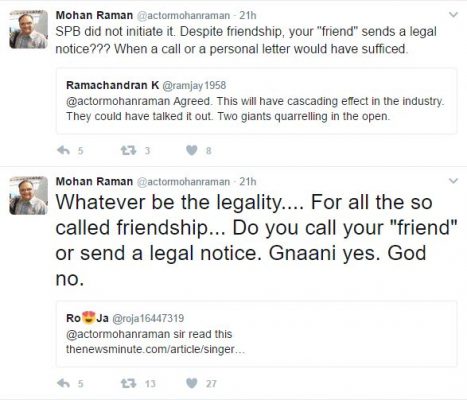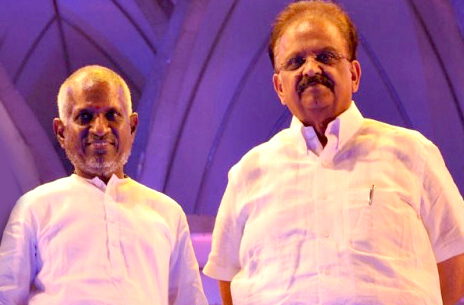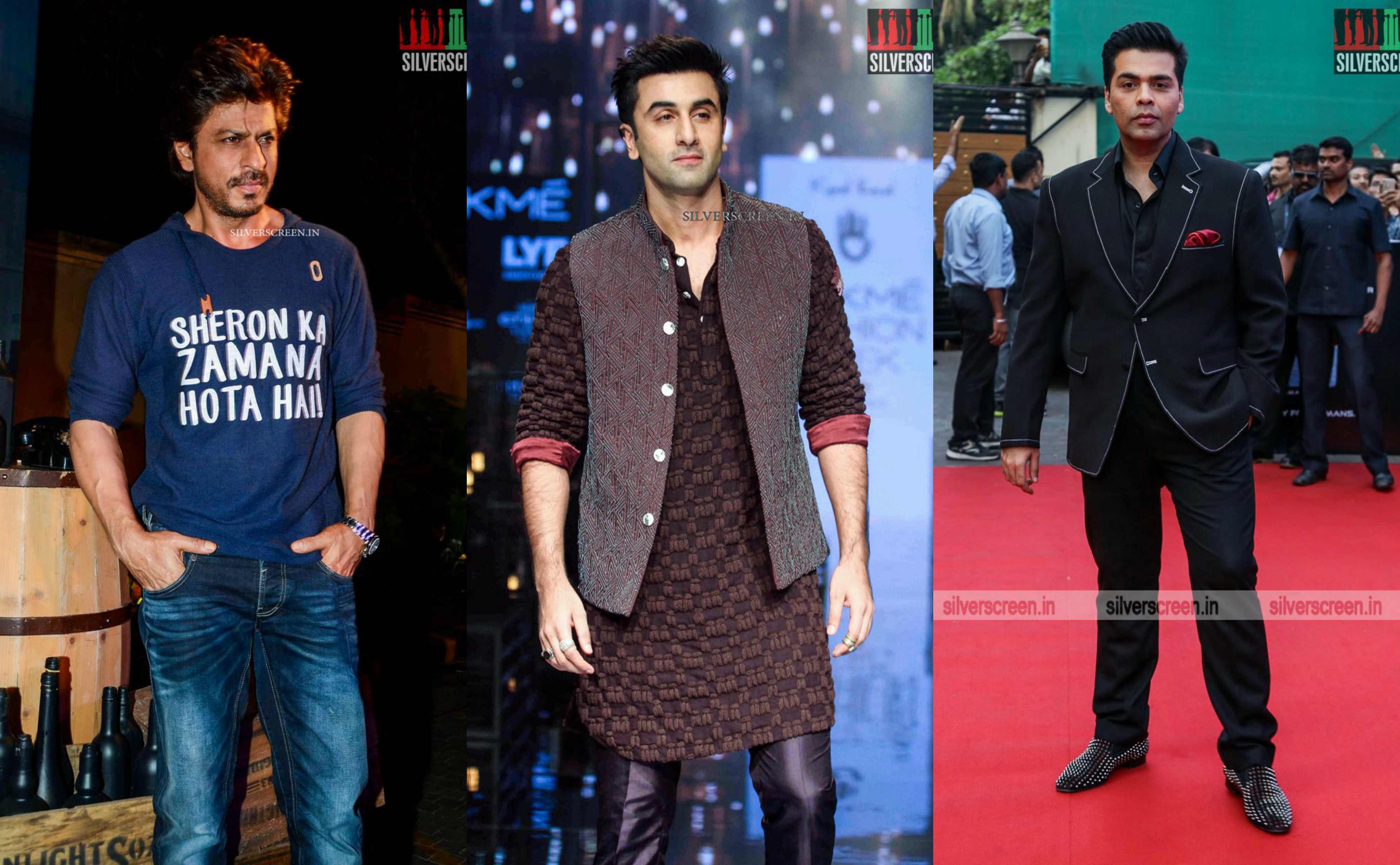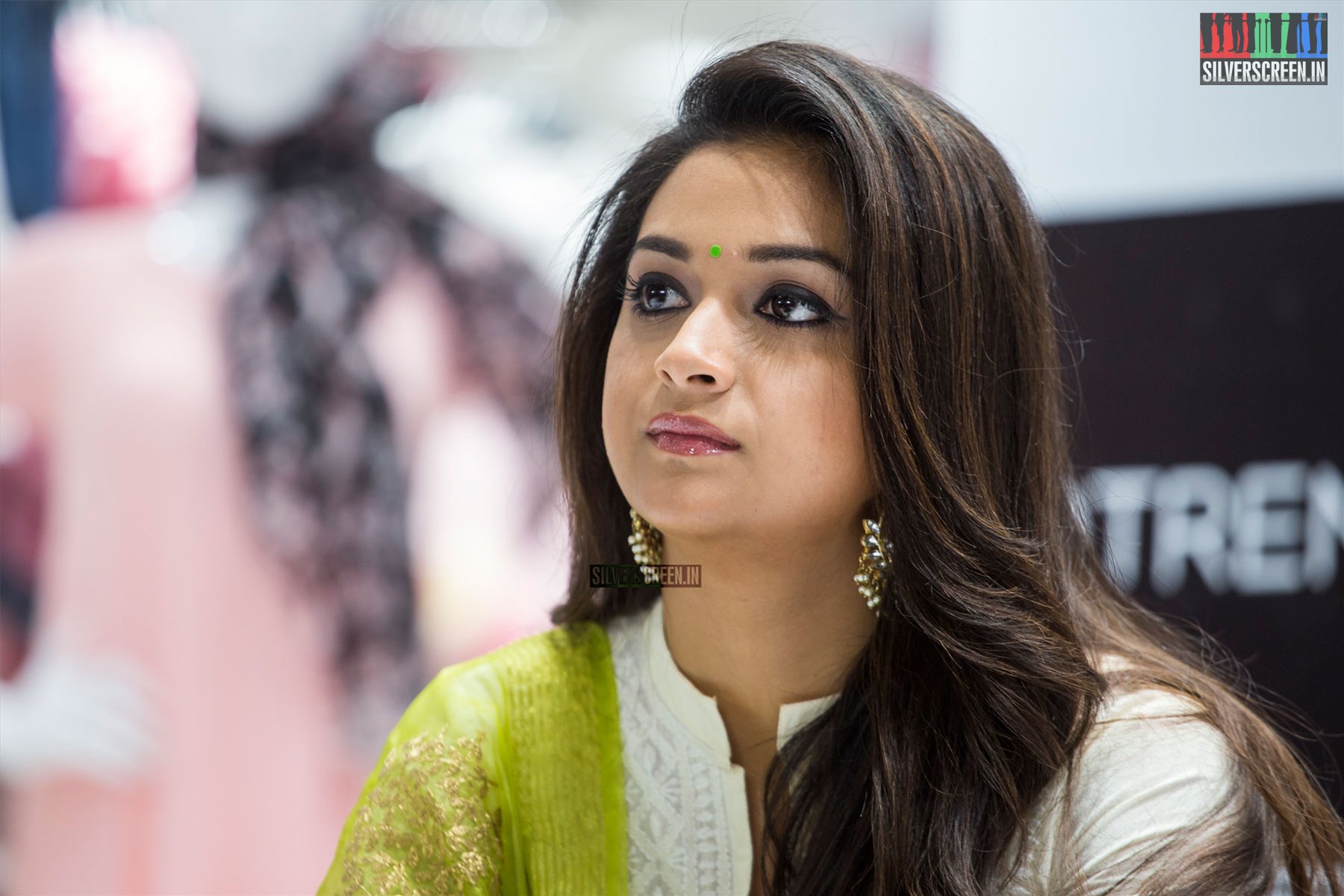Up until Friday, playback singer SP Balasubrahmanyam had a regular line-up of concerts ahead of him, marking the 50th year of his singing career. Soon enough, a legal notice sent to him and the organisers of his World Tour SPB50 turned things sour.
A legal notice from music composer Ilaiyaraaja stated that the singer couldn’t perform songs composed by him as it was a violation of the copyright act. SPB, claiming he was unaware of such laws, took to Facebook to inform the public of what happened, and to express his general confusion.
Questions regarding India’s copyright infringement laws arose, with a few celebrities weighing in on what they understood of the issue, and why Ilaiyaraaja isn’t in the wrong here.
Read: Ilaiyaraaja vs SPB – In This Battle Over Rights, Here’s Why SPB Is Wrong
Right from lyricist and screenwriter Madhan Karky to actor Mohan Ram and singer Vijay Yesudas, everyone’s two cents on the Ilaiyaraaja Vs SPB debate focus on the seemingly vague laws.
Madhan Karky opined that while it is fair to claim copyright, ‘seen with the eyes of friendship, it doesn’t seem right’ [sic].

Actor Mohan Ram, responding to several tweets, had a rather different stance on this issue, and often contradicted himself.
What is up Raja Sir? Why this Kola veri ? Have you forgotten how as Pavalar Brothers you all played others music. https://t.co/yKJwaXa9U9
— Mohan Raman (@actormohanraman) March 19, 2017


And to finally this:
Many tweets pro Raja Sir and many pro SPB Sir. I only made one point. Between friends for 50 years this should have been handled better.
— Mohan Raman (@actormohanraman) March 19, 2017
Singer Chinmayi felt it was time to read up on the existing laws.
Now is a good time to check the IPRS PPL issues, the money that never reached the musicians and the royalties that never get paid.
— Chinmayi Sripaada (@Chinmayi) March 19, 2017
While Karthik Kumar had a quip:
The value of #Illaiyaraja's music far exceeds the value of his actions. Everyone wants a piece of it – including himself. 🙂
— Karthik Kumar (@evamkarthik) March 19, 2017
Legally Speaking:
via Ink Waves Ltd/YouTube
Indian law, like most of the West, recognises copyright as ‘a form of intellectual property protection granted to the creators of original works of authorship’. Under Section 13 of the Copyright Act 1957, copyright protection is for literary works, dramatic works, musical works, artistic works, cinematographic films and sound recordings.
The laws are stringent and the penalty for copyright infringement – especially in music – is sizable, but most refrain from complaining as the process of getting justice is long and tedious.
Read: Led Zeppelin Cleared Of Plagiarism; But Indian Composers Get Away With Worse
Speaking to Silverscreen under the basis of not being counted as legal advice, given the case between Ilaiyaraaja and SPB is yet to be specified, Ajay Kumar, a Bombay High Court advocate, said that under Section 2(d)(ii) of the Act, ‘the author of a musical work is the composer’ and Section 2(d)(vi) states that ‘in relation to any musical work is the person who causes the work to be created’. “In essence, if there’s one person composing the song and another person recording it, then one person would have the copyright over the song and another over the sound recording of the performance – making the song and the sound recording two separate works with two separate copyright implications.”
Bearing this in mind, SPB cannot necessarily claim rights over the songs originally composed by Ilaiyaraaja. “SPB can still sell as many of his records – the songs having been lawfully recorded at the time with Ilaiyaraaja’s consent. But live performance is still a right that lawfully vests with Ilaiyaraaja in terms of Section 14(a)(iii) of the Act. Section 14(a)(iii) of the Act states that the holder of the copyright has the exclusive right to perform the work in public or to communicate it to the public. Since Ilaiyaraaja still has the copyright, he still determines who can perform his songs,” Ajay said.
An example of this, the advocate observed, would be the case of how we still associate Beethoven’s 9th Symphony with Beethoven rather than with Karajan and the Berlin Philharmonic, the most famous performers of the work in this century. “Till the phonograph became common, recording artistes were not the primary means of communicating a musical work, sheet music was. So composer royalties were how composers got paid and performers got paid via ticket sales cause they sang songs. It is only now that a song is associated with a singer rather than a composer,” Ajay opined, adding that this case bears resemblance to the current legal feud between SPB and Ilaiyaraaja.
“While we associate songs with SPB’s voice, the underlying music is still Ilaiyaraaja’s. So, yes, he can stop a live performance and ask SPB to pay royalties because SBP will be infringing on Ilaiyaraaja’s exclusive rights if he’s singing the songs without his permission.”
Recommended
This is hardly surprising as Ilaiyaraaja, in the past, resorted to legally barring any use of his music without his prior permission. He wanted advertising agencies, television channels, and TV show producers to obtain prior approval before using his songs.
“The problem in India is we don’t have a proper system of performing rights societies to handle these issues, with most artistes having to follow up for their own royalties. Recent amendments to the copyright act did create copyright societies that may address these problems. So in future, organisers may just have to approach one society of composers to take a license from, and ensure most songs sung at their events are covered. Just like how discos and nightclubs get a license from the Indian Performing Rights Society before they let the DJ hit that play button,” Ajay said.
Pic: Sify.com



